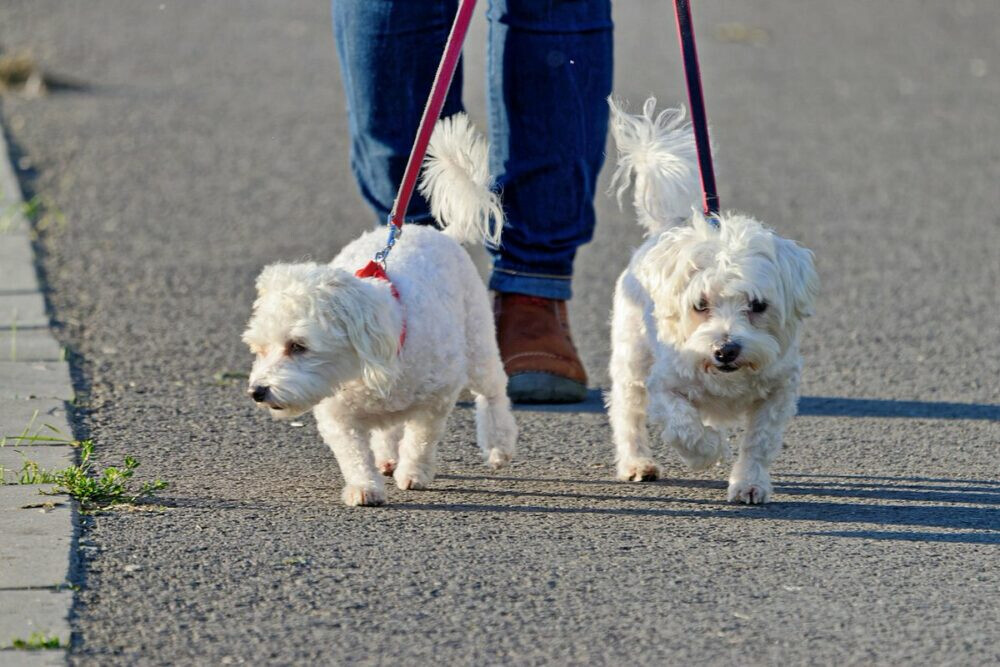
Tehran – A ban on dog walking in public places has been implemented in approximately 20 major cities across Iran, sparking controversy. While cited reasons include maintaining hygiene, safety, and public order, the prevailing analysis suggests a complex interplay of religious beliefs and wariness toward Western culture behind the measure.
Religious Background and Societal Perception
Some Islamic religious leaders consider contact with dog saliva impure. This religious perspective serves as a significant backdrop to the ban on dog walking. Indeed, Iran's Supreme Leader, Ayatollah Ali Khamenei, stated in 2017 that "owning a dog for purposes other than herding sheep, hunting, or guarding is reprehensible," and further clarified that "such actions are considered forbidden if they imitate the actions of non-Muslims, promote their culture, or cause harm or problems to neighbors." This reflects the stance of conservative forces in Iran who view dog ownership and walking as a negative influence of Western culture.
However, there is no legal regulation that outright prohibits dog ownership, and many Iranians own dogs, showcasing a changing aspect of Iranian society. Especially in affluent areas of large cities like Tehran, it's common to see people walking their dogs, and pet-related businesses are thriving. This suggests that despite religious and social pressures, individual lifestyles and values are evolving.
Expanding Ban and Stricter Enforcement
The ban on dog walking in public places has recently been announced in at least 17 cities, including Isfahan, Yazd, Kerman, and Ilam, with enforcement expected to intensify. An official in Ilam city warned local media that "legal action will be taken against violators." Abbas Najafi, the prosecutor of Hamadan city, asserted that "dog walking poses a threat to public health, peace, and welfare," emphasizing the legitimacy of the ban.
Since 2019, Tehran police have also had similar guidelines, but actual enforcement has been minimal. However, the current spread of strict bans in provincial cities is anticipated to impact Tehran as well. In the Iranian parliament, 75 lawmakers signed a bill in 2021 categorizing pet ownership as a "destructive social problem for Iranian society," indicating increasing pressure from conservative factions.
Clash with Western Culture
The ban on dog walking illustrates the complex collision between tradition and modernity, and Eastern and Western cultures, unfolding within Iranian society. Some political and religious leaders view dog ownership as a symbol of Western affluence, which serves as a mechanism to criticize the influence of Western culture. The 2016 incident in Shahin Shahr where pets were confiscated to counter "vulgar Western culture" vividly demonstrates this cultural conflict.
These measures are interpreted as reflecting the Iranian authorities' determination to control the influx of Western culture and uphold Iran's traditional values and religious beliefs. However, they also clash with the voices of younger generations in Iranian society who seek change and individual freedom. It is anticipated that cultural and social debates within Iranian society will intensify in the future. Many Iranians who own dogs are expressing discomfort and dissatisfaction with these measures, and the conflict between the government and civil society on this issue is expected to persist.
[Copyright (c) Global Economic Times. All Rights Reserved.]



























